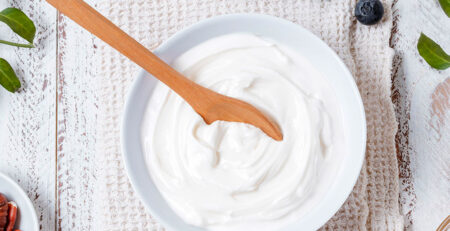Milk, the main ally during physical activity
Milk intake is particularly important for rapidly growing individuals, such as during adolescence, a period in which energy, calcium, and protein requirements increase tremendously.
In addition to calcium, milk contains many important nutrients such as proteins of high biological value that teenagers need, especially if they are involved in amateur and professional sports.
Recent research has shown that consuming 500 ml of milk after a particularly demanding exercise for the muscles is able to mitigate the reduction in muscle function in both men and women.
Because of its water and nutrient content, milk has a high hydration index, higher than that of water and similar to that of hydration solutions, and there is increasing interest in its potential use as a beverage.
The effect of milk after training is also manifested in favorable actions on protein metabolism, as it significantly increases the synthesis of muscle proteins, leading to a better balance of muscle proteins. Additionally, when post-exercise dairy consumption was combined with resistance training (at least 12 weeks), greater increases in muscle hypertrophy and lean mass were observed. Although research on milk is limited, there is some evidence to suggest that milk may be an effective post-exercise drink for endurance activities.
Studies show that milk is as effective, if not more effective, a rehydration drink than commercially available sports drinks, as it is more dense in nutrients important especially for individuals participating in strength and endurance sports than traditional drinks. sports. Thanks to its rehydrating power, milk (cow’s milk, reduced fat) is a safe and effective post-exercise drink for most people, except those who are lactose intolerant but can enjoy the products with low lactose content.
A glass of milk after physical activity improves muscle recovery, increases protein synthesis, restores consumed energy, increases the level of calcium intake and perfectly rehydrates the body.





